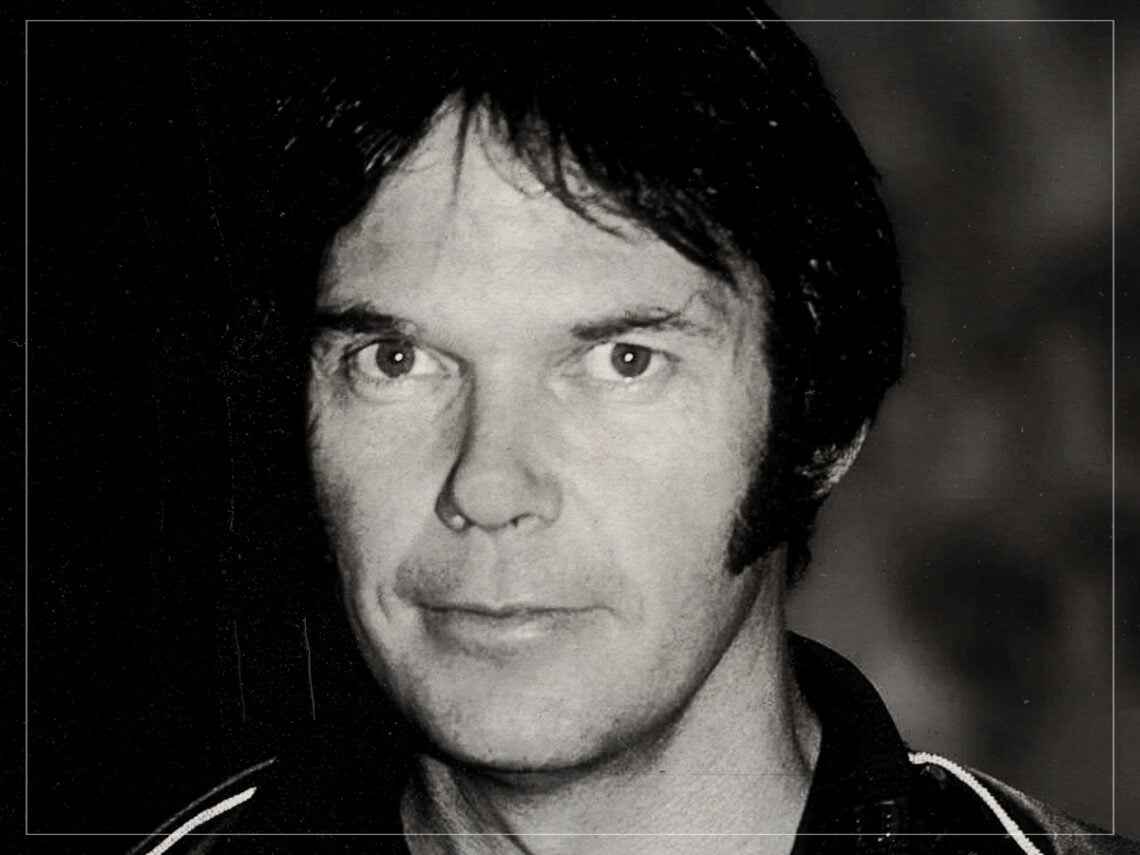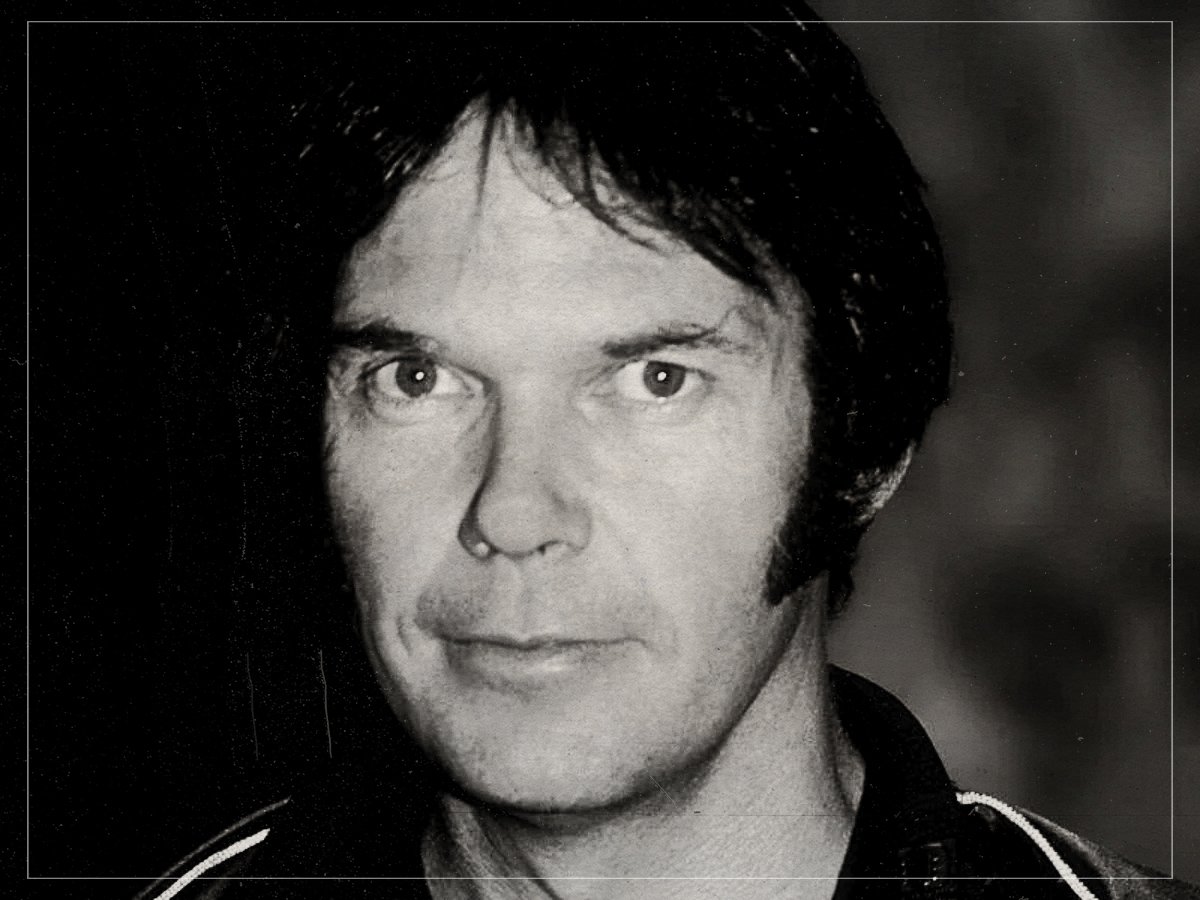
(Credits: Far Out / Alamy)
Sat 7 June 2025 18:00, UK
Pop music is a ‘product’ in the public’s view. The craft behind songs is often forgotten along with the vital contributors as soon as a track hits the radio and transcends honed creativity, becoming something more tangible, with a solid and knowable surface. However, Neil Young has always been a star who likes to look beyond that, to dig beneath the surface and find out what’s really going on in the welter of a hit.
From ‘Four Strong Winds’ to ‘Ballad of a Teenage Queen’, the folk star’s favourite songs often have a sense of lore and legend behind them, proving his ire with the commercialism of culture. Throughout his time in the music industry, he has witnessed firsthand how the bigwigs try to meddle with the magic of a band in favour of presenting a more reliable product.
He claims that executives frequently tried to pry Jim Morrison from The Doors, recognising him as the star, but not realising that it was the relationship he had with his band that emboldened his prowess. In their eyes, that didn’t matter—it was stars who sold songs, not the nebulous nitty-gritty of how they were made.
One forgotten group of luminaries stands out as evidence of this unfortunate point. The Memphis Horns were a duo consisting of Wayne Jackson on trumpet and Andrew Love on tenor saxophone, who sent Stax Records towards the stratosphere with a hip new sound. They tirelessly honed their craft in the studio, offering up searing melodies with a signature Stax swagger, but more often than not, their contributions were simply thought of as Sam and Dave.
As Neil Young explained, “The people on the street don’t know what’s going on. They just don’t know what’s happening. They don’t know that the Memphis Horns are responsible for so many great gold records. They don’t know that Wayne Jackson makes up these parts off the top of his head.”
The pair played with everyone from Otis Redding to the Doobie Brothers and Isaac Hayes. They came up with melodies for Al Green, Aretha Franklin, Stephen Stills to name but three. During the course of their career, they played on over 80 hit singles, and contributed to around 600 albums. That’s technically way more top 40’s than The Beatles ever mustered, but their influence is dwarfed by the gleaming light of sellable stars, rendering them all but forgotten.
“You may, if you’re a musician type, think, ‘Well, that’s the Memphis Horns, but you’re not thinking about the guy who came up with it,” Young argues. “Those licks are just as important as anything else on the record. There’s a group, The Memphis Horns, they should be inducted into the Musicians’ Hall of Fame, and first! They have made so many records for so many other people with identifiable hooks, that you can’t disassociate, they’re just integral to the whole thing.”
In many ways, they are the music and the stars that they supported were the sales pitch to the public. Granted, that’s an important part of culture too, but Young asserts one side of the coin is more meaningful than the other. “The greatest honour is to be called a musician,” he said. “To be a pop star, or a rock ‘n’ roll star, or a country star, that’s nice, and that’s great, and you get a lot of perks, but the real honour is for another musician to say that they think you’re a good musician and that they like what you do.”
Related Topics
Subscribe To The Far Out Newsletter
